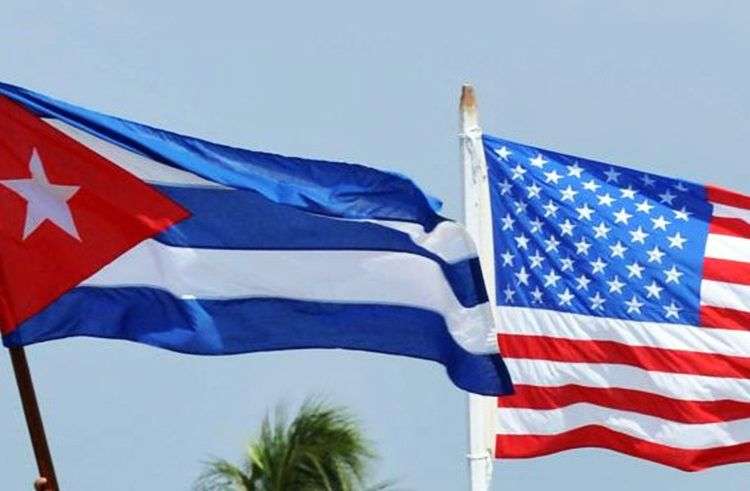Through executive orders, the President of the United States may authorize the bilateral trade between his country and Cuba or allow travel of citizens of both countries. The American lawyer Robert Muse, specializing in the dispute between Havana and Washington asserted that nothing prevents the current administration to normalize relations “in all areas”.
“The president can remove restrictions on exports from the United States and at the same time, can allow the import of Cuban products,” said Muse from the Interests Section of the island in the North American capital, during a video conference between the embassy and the Ministry of Foreign Affairs of Cuba.
He indicated that no United States law restricts presidential authority. “The Helms Burton encodes the blockade. In 1999, Bill Clinton created the people to people travels. (Senator) Helms complained, but nothing happened. ”
Through an executive order, Cuba could be removed from the list of states that sponsor terrorism, as well as avoiding the need for licenses to import American products, said the lawyer, who has testified before congressional committees on legal issues related to Cuba.
Trade between Cuba and the United States is only possible through special permits issued by the Department of the Treasury
In January 2014, Obama spoke in his State of the Union of its intention to govern “with or without Congress,” indicating that he would use executive orders to take forward various projects stalled by disagreements between Democrats and Republicans on Capitol Hill.
The President of the United States has the power to renew or not the implementation of the Law against Cuba Trading with the Enemy, an instrument of economic warfare from the times of the First World War. In 2008, former President George W. Bush eliminated the use of such legislation against North Korea, setting a precedent for his successors.
The White House receives constant requests demanding a change in economic relations with Cuba. In May 2014, forty US military, politics and diplomacy personalities asked Obama to remove constraints and provide an opening to benefit the self-employed Cubans.
The American Soybean Association joined them, announcing a campaign to “end the blockade against Cuba and normalize trade relations between two countries that are only 90 miles away and are natural partners.”
This Saturday, in lengthy editorial titled “Time to end the embargo of Cuba,” The New York Times says: “For the first time in over half a century, changes in American public opinion and a number of reforms in Cuba, have made it politically feasible to resume diplomatic relations and end a foolish embargo. (…) Obama should seize the opportunity to put an end to a long era of enmity, and help a people who have suffered greatly since Washington severed diplomatic relations in 1961, two years after Fidel Castro came to power.”










